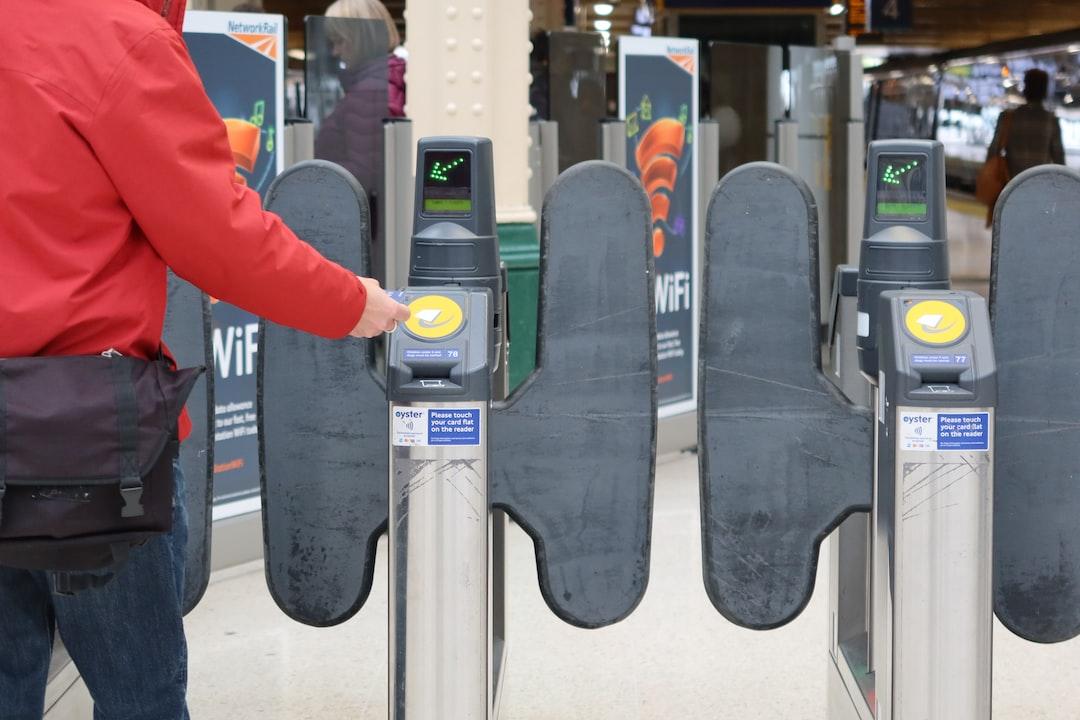Amid Venezuela’s deepening economic turmoil, cryptocurrency remittances from overseas relatives have surged, providing crucial support to residents grappling with severe inflation and supply chain disruptions.
In 2023, cryptocurrencies constituted 9% of the $5.4 billion remitted to Venezuela, amounting to $461 million. According to Chainalysis, remittances to the country have shown annual increases since 2018, except for 2020.
Traditionally, remittances to Venezuela have relied on services like Western Union. However, due to high fees, lengthy wait times, and currency supply challenges, these methods often prove impractical for individuals in developing regions.
Despite boasting the world’s largest proven oil reserves, Venezuela faces enduring economic woes exacerbated by persistent inflation, stringent sanctions, supply chain issues, and governmental corruption.
In a bid to circumvent U.S. sanctions, Venezuela introduced a state-backed cryptocurrency called the “Petro” in 2018. However, due to perceived corruption and its lack of legal tender status domestically, the Petro failed to gain widespread adoption. The cryptocurrency was eventually discontinued in 2024, yet Venezuela persisted in exploring digital assets to bypass sanctions.
Earlier this year, reports emerged indicating Venezuela’s interest in using cryptocurrencies for international oil trading. In response, stablecoin issuer Tether announced it would freeze USDT assets held by Venezuela to comply with U.S. sanctions.
Most remittances directed to South American nations consist of stablecoins and store-of-value assets, reflecting the growing disparity between Venezuela’s national currency and cryptocurrencies.
Ironically, Venezuela also grapples with severe energy shortages. In May 2024, officials announced bans on crypto mining, citing strains on the national power grid, which has been in crisis for a decade.
This move follows previous instances of Venezuelan authorities targeting mining operations and implementing anti-crypto policies, such as the closure of mining facilities in 2023 amidst a corruption investigation into the oil sector and the head of Venezuela’s crypto ministry, Joselit Ramirez Camacho.

